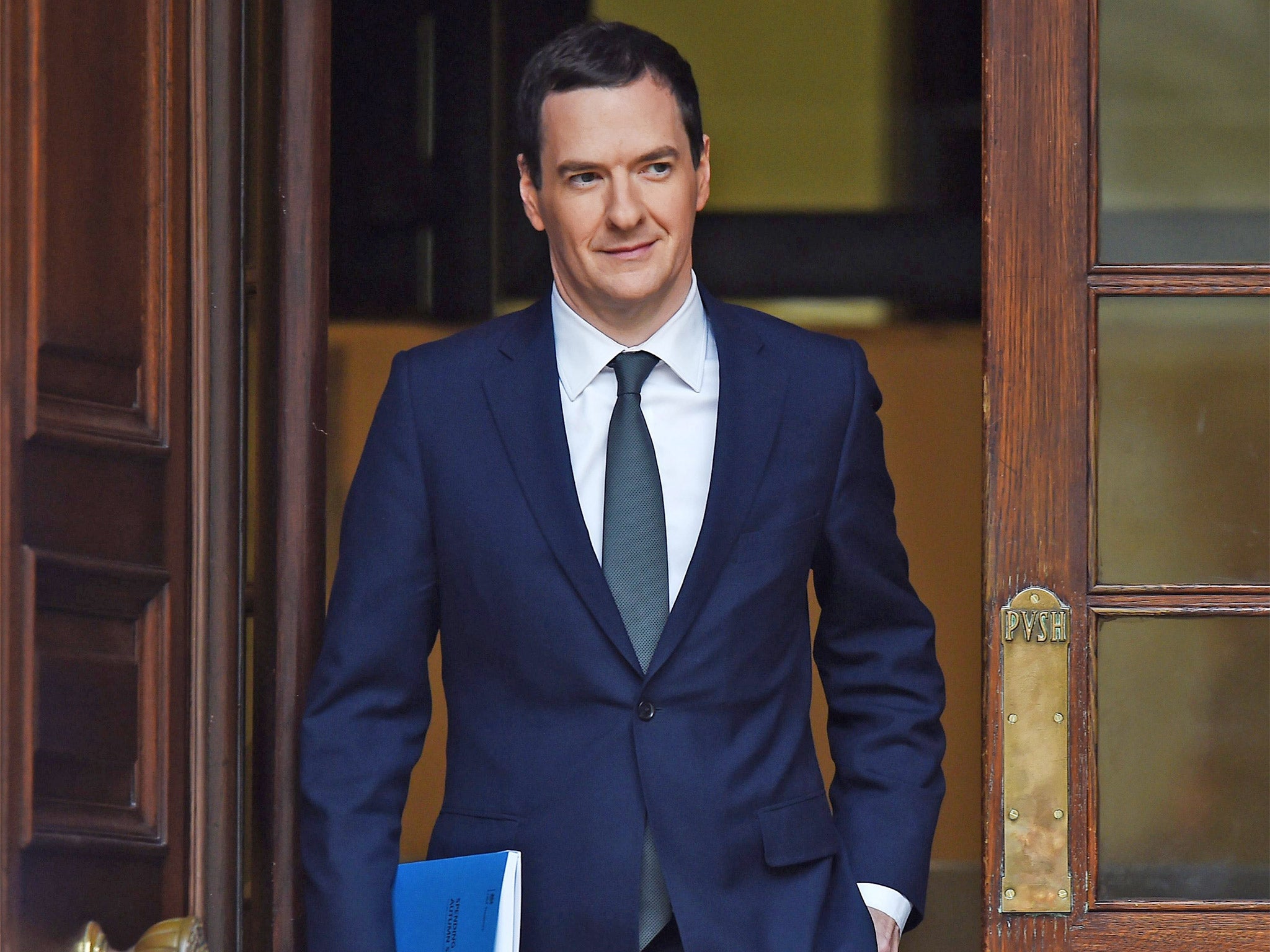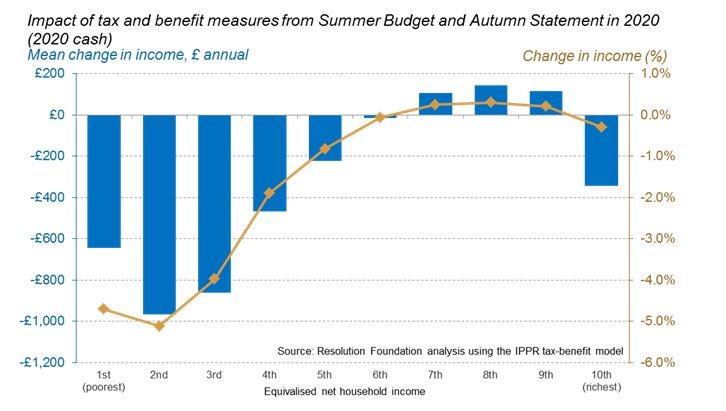Autumn Statement: IFS says 2.6m working families will be £1,600 a year worse off
The IFS released its much-anticipated analysis to the Autumn Statement a day after Osborne's announcement

Your support helps us to tell the story
From reproductive rights to climate change to Big Tech, The Independent is on the ground when the story is developing. Whether it's investigating the financials of Elon Musk's pro-Trump PAC or producing our latest documentary, 'The A Word', which shines a light on the American women fighting for reproductive rights, we know how important it is to parse out the facts from the messaging.
At such a critical moment in US history, we need reporters on the ground. Your donation allows us to keep sending journalists to speak to both sides of the story.
The Independent is trusted by Americans across the entire political spectrum. And unlike many other quality news outlets, we choose not to lock Americans out of our reporting and analysis with paywalls. We believe quality journalism should be available to everyone, paid for by those who can afford it.
Your support makes all the difference.The Institute for Fiscal Studies has said that 2.6 million working families will be an average of £1,600 worse off a year thanks to George Osborne's policies.
Osborne's planned shift from tax credits to universal credit will mean that many families are worse off than they would have been.
"We estimate that in steady state universal credit will now involve 2.6 million working families being an average of £1,600 a year worse off than they would have been under the current system while 1.9 million will be £1,400 a year better off," Paul Johnson, director of the Institute for Fiscal Studies, said.
The IFS released its much-anticipated analysis of the Autumn Statement a day after Osborne's announcement. It started by saying that the latest Treasury policies are absolutely not the end of austerity. "The first thing to say is that this is not the end of "austerity". This spending review is still one of the tightest in post war history," Johnson said.

The Resolution Foundation had earlier estimated that the move to universal credit will cost working households £1000 on average in 2020.
Tax, benefit and minimum wage changes in the summer budget of the Autumn Statement will cost 50 per cent of households £650 on average in 2020, the Foundation says, while the richer 50 per cent of households will lose nothing.
Join our commenting forum
Join thought-provoking conversations, follow other Independent readers and see their replies
Comments